Kenya (University of Nairobi) Commons we want: Between Historical Legacies and Future Collective Actions
- History
- Nirobi
-
Jun 26
- Share post

The University of Nairobi hosted the 19th Biennial Conference, a first in the African Continent after 20 years from June 19-24, 2023.
Over 400 researchers have gathered in Nairobi for discourse on the commons; within eleven sub-themes. The sub-themes are; The Common SDGS? , Commons towards urban transformation, Indigenous peoples and globalization, Commons between colonial legacies and the Anthropocene, Modelling and multi-methods approaches in polycentric commons systems, The drama of the grabbed commons, Global health commons between pandemics and glocal health, Opportunities and challenges of digital commons, Conservation, environmental justice and the commons, Local Institution building and radical futures for the commons. Over 600 research papers will be presented throughout the week.
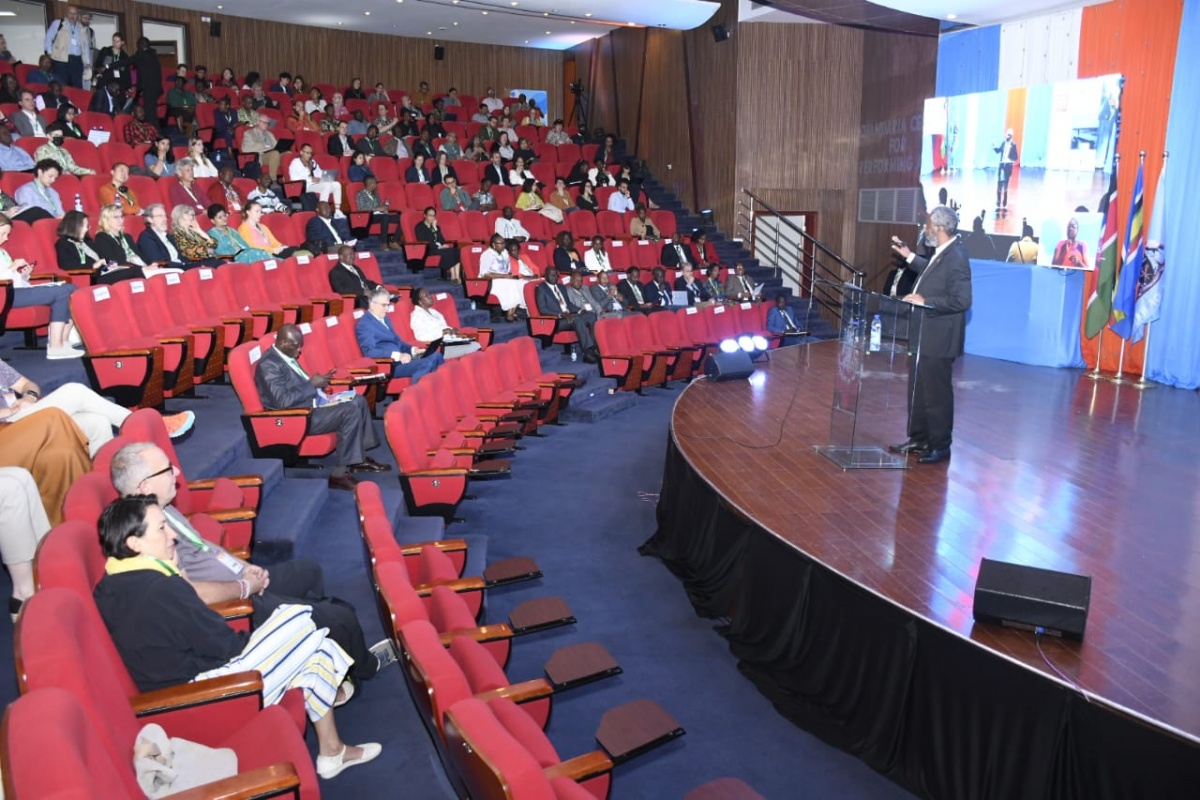
The Chief Guest, Prime Cabinet Secretary, Hon. Musalia Mudavadi, highlighted, ‘The concept of commons has been a cornerstone of human interactive civilizations since time immemorial. It is only that we often don’t talk much about it, hence, the importance of this conference. My understanding of the notion of the commons is that it represents shared resources, spaces, and systems that are managed collectively. Most importantly, it is guided by principles of fairness, equity, and sustainability. These are principles embedded not only in our Constitution, but also guide our development planning.
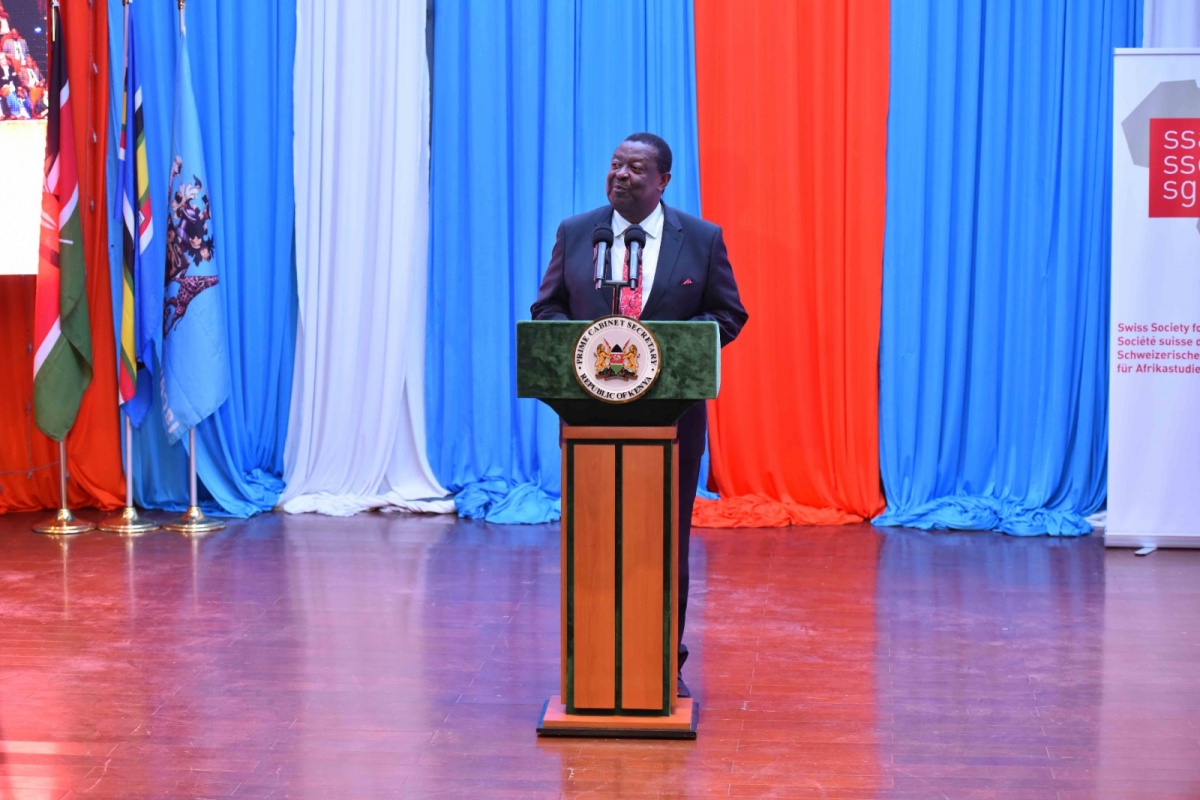
On his part, the Vice Chancellor, University of Nairobi, Prof. Stephen Kiama, exclaimed, ‘It gives me great pleasure to stand before you today, as the host, with the singular purpose of welcoming you to the University of Nairobi. The IASC 2023 Biennial Conference, which kicks off today, is aimed at stimulating discussion and the sharing of knowledge on the pertinent issue of the commons we want; today and in the future.This forum could not have come at a better time than this. There is a dire need for workable frameworks to save the world’s commons, which seem to be existing on borrowed time, and yet they support millions of livelihoods and also contribute immensely to the national economies of many countries.’
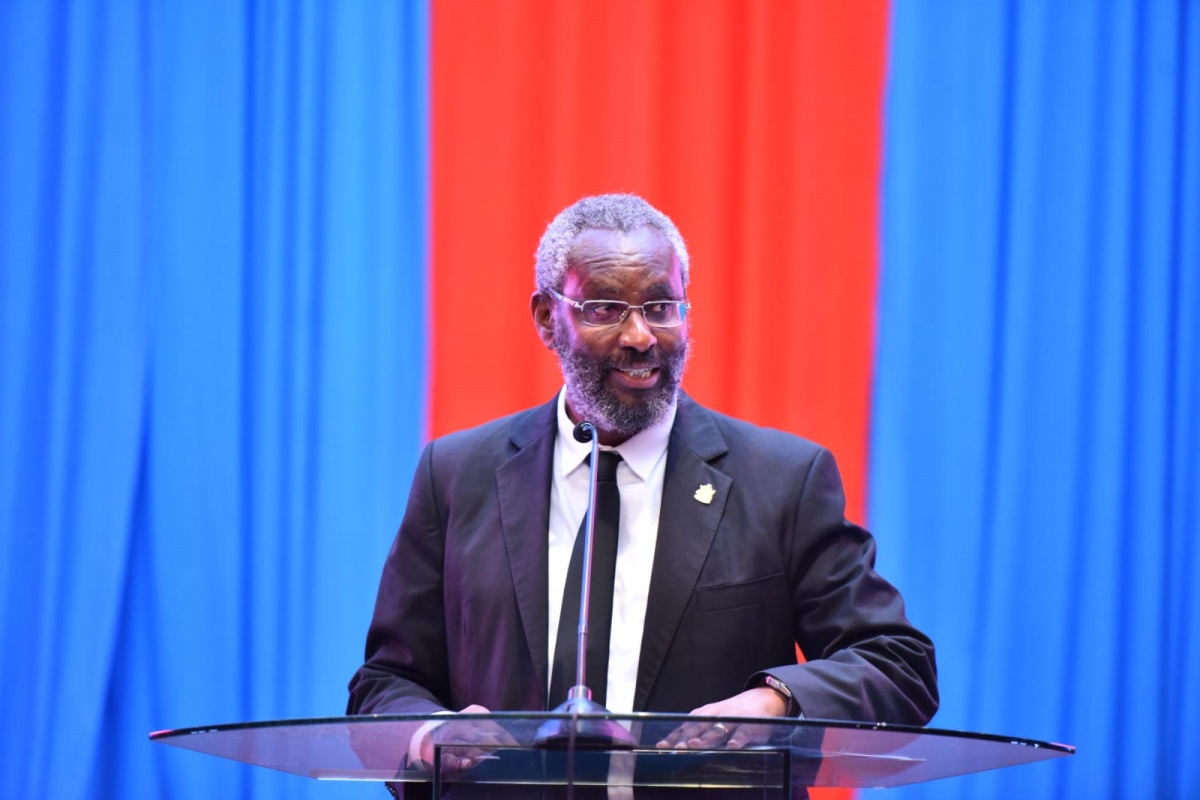
Prof. Charles Schweik, President of the Association of Commons noted that it was a notable achievement that the Conference is in person and that it is hosted at the University of Nairobi and in the African Continent after 2 decades. He welcomed the members of the association to rigorous and fruitful debates throughout the week.
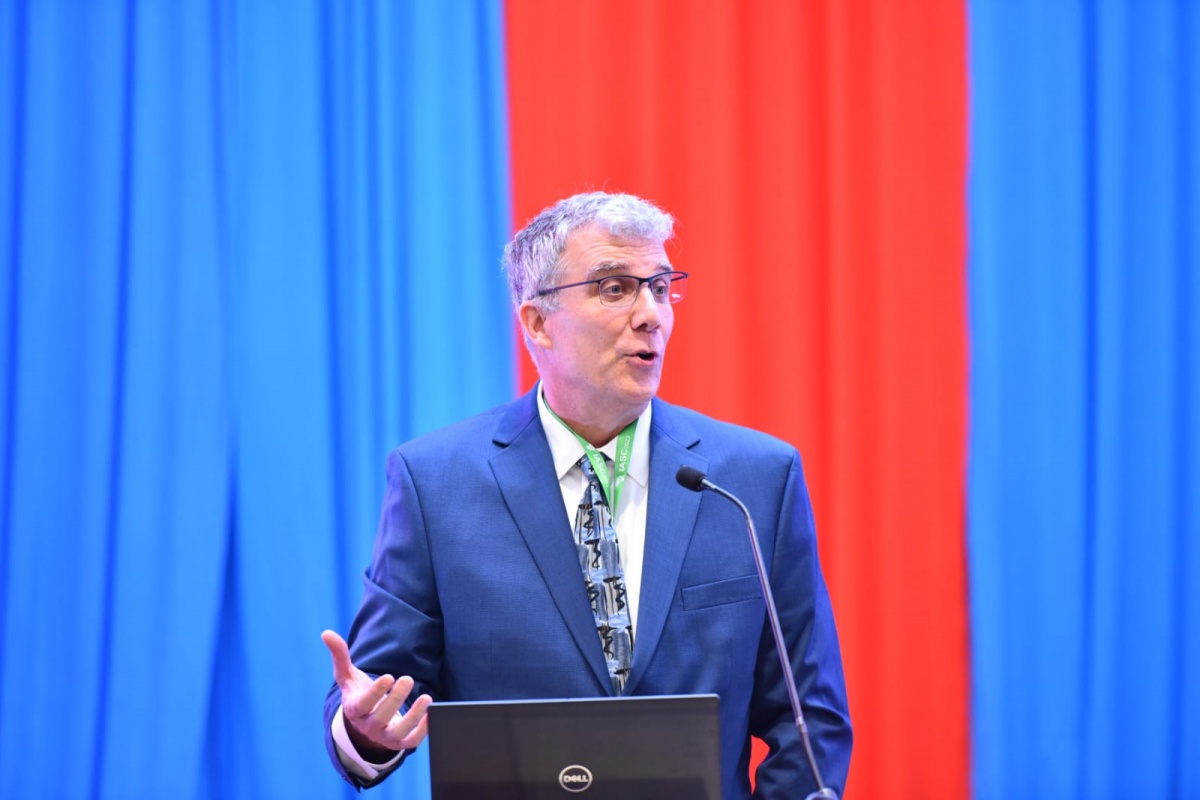
While delivering his keynote speech, Dr. Mordecai Ogada, Carnivore ecologist and conservation writer, challenged the academia and governments on the conservation lie that is peddled by the world’s richest economies and personalities. He gave a detailed presentation on the carbon clusters by continent and research findings on who needs to do what the most. He disputed the thought that Africa needs conservation efforts and attention that is often the case by the world’s richest personalities. He cautioned, policy makers, ‘Do not blindly trust the science, read, understand and apply appropriately when it comes to the management of commons.
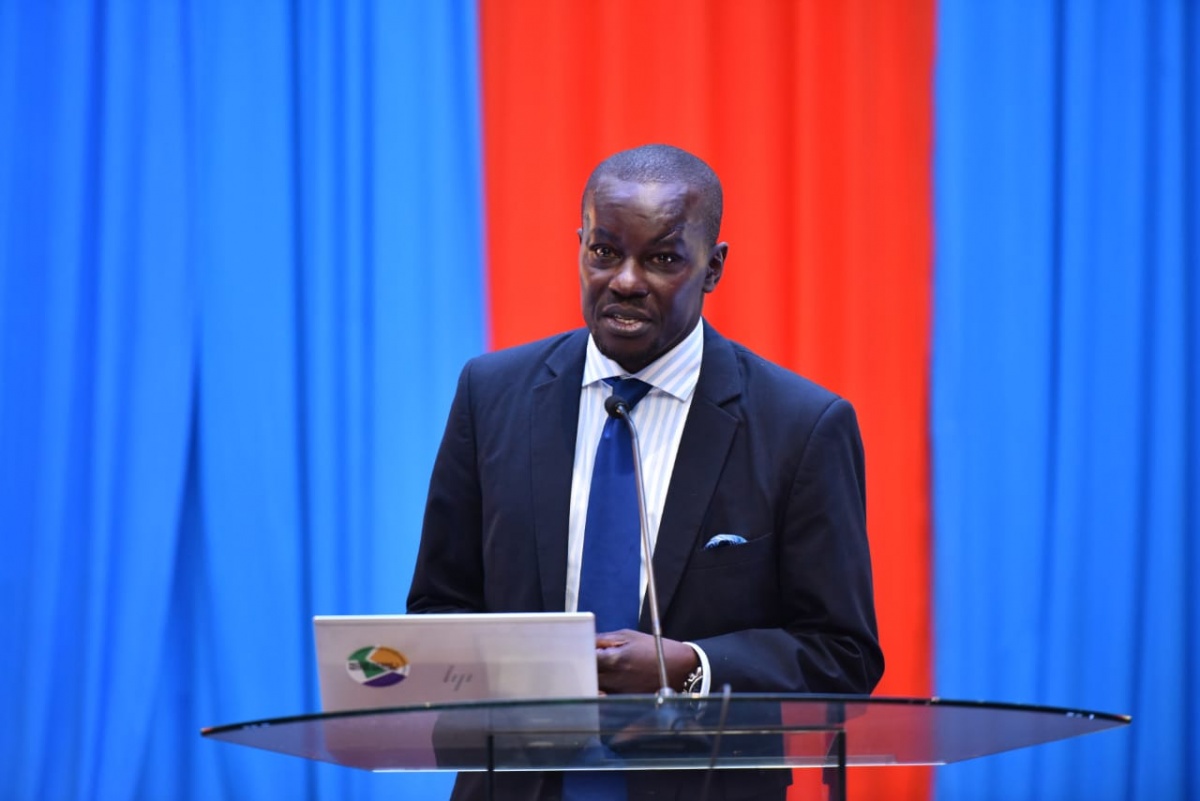
Dr. Milka Chepkorir, gave a keynote address on the indigenous people and globalization, she comes from sengwer community; an indigenous people who lived by the forest and they are constantly evicted by the government citing conservation efforts yet the community conserves the forest in its own way. She also challenged the scientist on research and research output that should benefit the community in the long run and not remain in academic institutions book shelves.

The Swiss ambassador to Kenya, H.E Valentin Zellweger, the Vice Rector, and future Rector, University of Bern, Prof. Dr. Virginia Richter, and VC Rector Research, University of Bern Prof. Hugues Abriel also spoke during the opening ceremony and the networking meeting.
Prof. Tobias Haller and Dr. Stella Amukhovi representatives from the joint organizing committee each gave their presentations and experiences of the commons and the danger of the commons due to globalization, and the different agendas set by governments and policy makers that do not address the issue of the commons. The representatives also set the objectives of the conference as a question, ‘Is it possible to reclaim the commons?’
The week-long discussions are characterized by panel discussions and plenary sessions, paper presentations by researchers from all over the world physically and virtually.
The organizing institutions are the University of Nairobi through the Institute of Anthropology, Gender and African Studies (IAGAS), Department of Land Resource Management and Agricultural Technology (LARMAT), Department of Geography Population and Environmental Studies, Wangari Maathai Institute of Peace and Environmental studies, from the University of Bern, Institute of Social Anthropology, Centre for Development and Environment, The Swiss Tropical and Public Health Institute and Centre for Training and Integrated Research in ASAL Development (CETRAD)
